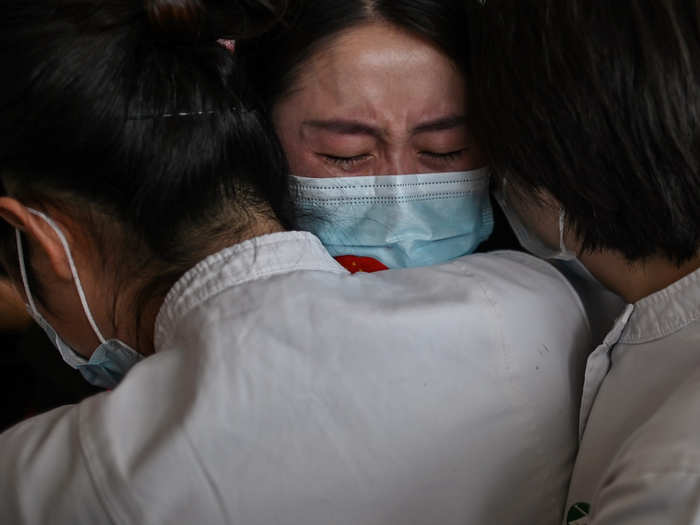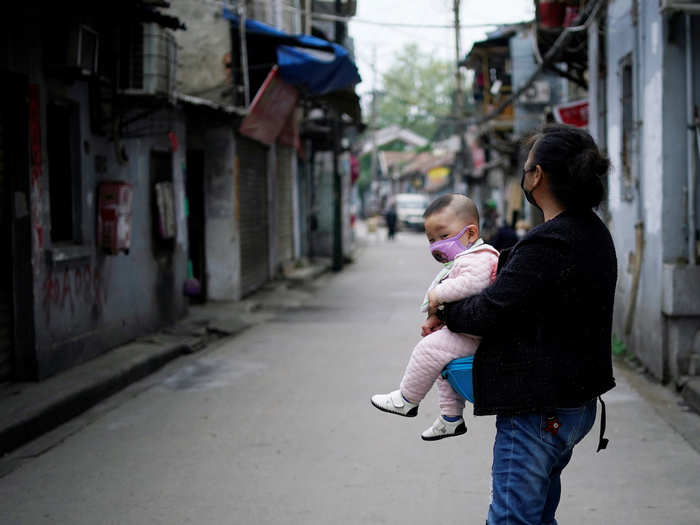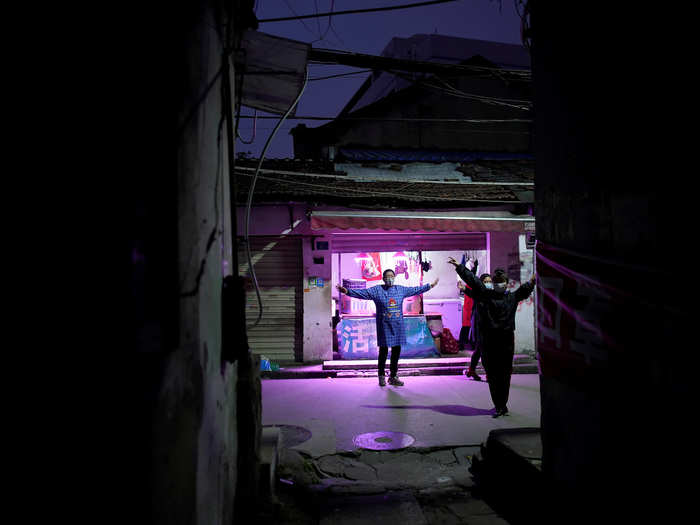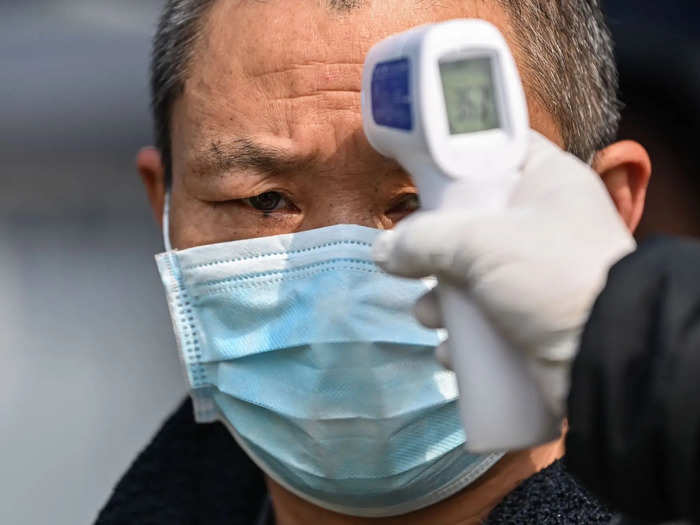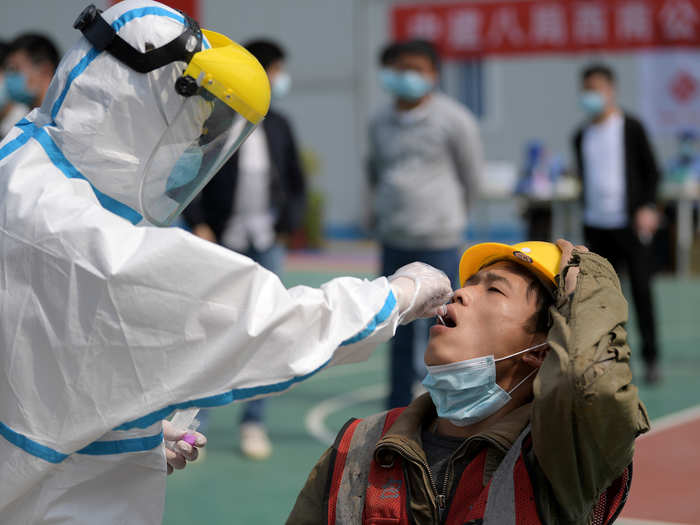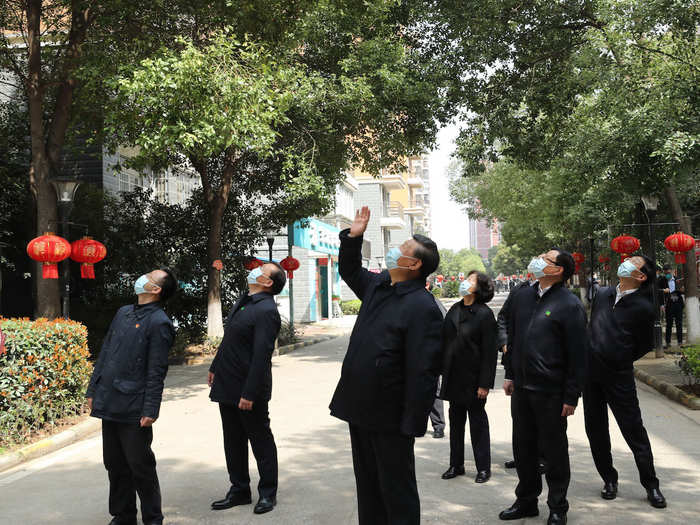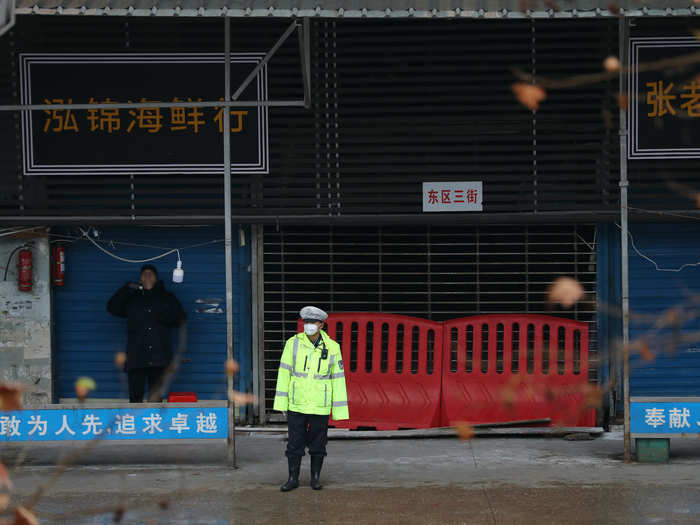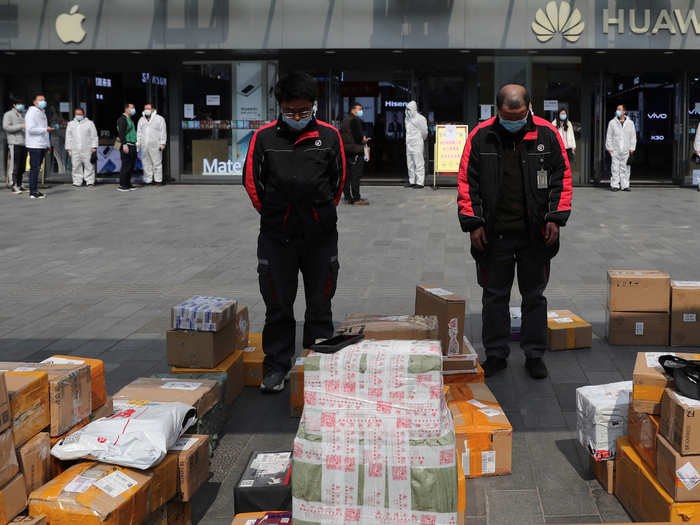While many residents were overjoyed to be able to move around again, with one man saying he felt "liberated."
Zhang Kaizhong, a Wuhan resident who was traveling to the neighboring province of Jiangsu by car, told The Guardian: "It's like being liberated."
Zhang said he hadn't seen his wife in more than two months, as she wasn't in Wuhan during the lockdown. "I miss her very much," he said. "Of course I am very excited."
But many others have been left traumatized by the lockdown, and still fear leaving the house. Many businesses have also been decimated.
Gao Jing, a Wuhan resident, told Reuters: "When I heard about the lifting of the lockdown, I didn't feel particularly happy."
"I actually felt very anxious. There are many issues that we are not sure can be resolved: employment, will patients continue to experience long-term effects, and for those who died, how will we remember them?" she said.
Kuang Li, an English teacher who has been asked to go back to work, also told Reuters: "Personally I'm still scared of the virus, and I feel that the outdoors still isn't safe."
But health experts have also warned that coronavirus cases could spike again and worry that people will get reinfected.
Zeng Guang, chief epidemiologist at the Chinese Center for Disease Control and Prevention told the state-run Global Times: "China is not near the end, but has entered a new stage. With the global epidemic raging, China has not reached the end."
"After work and production resumed, the movement of people increased and so did the risk of cross-infections from mass gatherings," Luo Ping, an epidemic-control official in Wuhan, also told state broadcaster CCTV, according to CNN. "Some residents have dropped their guard and don't wear masks when they go on the streets."
"The reopening of Wuhan does not mean the all-clear, neither does it mean a relaxing of epidemic prevention and control measures" in the city," he said.

